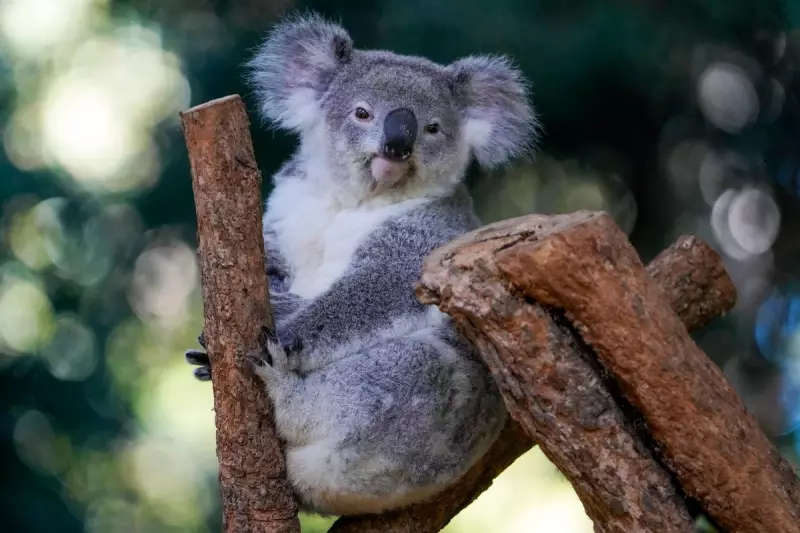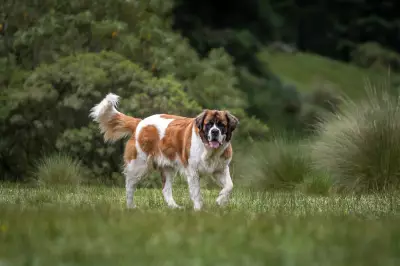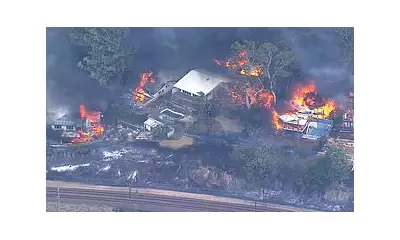
In a landmark effort to save one of Australia's most iconic species, scientists have embarked on an ambitious wild koala vaccination programme targeting a devastating chlamydia epidemic. The disease has ravaged koala populations, causing widespread blindness, infertility, and death.
The groundbreaking initiative, led by researchers from the Sunshine Coast University, involves capturing, vaccinating, and microchipping wild koalas before releasing them back into their natural habitat. This hands-on approach represents a significant shift in conservation strategy, moving from treatment in wildlife hospitals to proactive prevention in the wild.
The Silent Epidemic Threatening a National Icon
Chlamydia has become increasingly prevalent among koala populations, with some areas reporting infection rates as high as 100%. The sexually transmitted disease causes painful cysts in the animals' reproductive tracts, leading to infertility and making breeding increasingly difficult for the already vulnerable species.
"The disease is absolutely devastating," stated Dr. Samuel Phillips, a microbiologist involved with the project. "It causes blindness, severe bladder infections, and infertility. Many females become infertile, which significantly impacts the survival of the species."
How the Vaccination Programme Works
The conservation effort follows a meticulous process:
- Researchers carefully capture wild koalas from forests in northern New South Wales
- Each animal receives a single dose of the vaccine specifically developed for koalas
- All vaccinated koalas are microchipped for future monitoring
- The animals are returned to their home ranges to continue their normal activities
Early results have been promising, with researchers reporting no adverse effects observed in the vaccinated koalas during initial trials.
Beyond Treatment: A Proactive Approach to Conservation
Unlike previous efforts that focused on treating sick koalas brought into wildlife hospitals, this programme represents a proactive approach to wildlife conservation. By vaccinating healthy animals in their natural environment, scientists hope to create a buffer against the disease's spread.
The programme has already vaccinated approximately 50 koalas since its inception, with plans to expand the effort as funding and resources allow. Each vaccination not only protects the individual animal but contributes to building herd immunity within local populations.
Why This Matters for Global Conservation
Australia's koala vaccination programme represents a significant advancement in wildlife medicine and conservation techniques. The success of this initiative could provide a blueprint for addressing similar disease threats in other vulnerable animal populations worldwide.
With koalas facing multiple threats including habitat loss, climate change, and disease, this vaccination effort offers a glimmer of hope for the species' long-term survival in the Australian wilderness.





